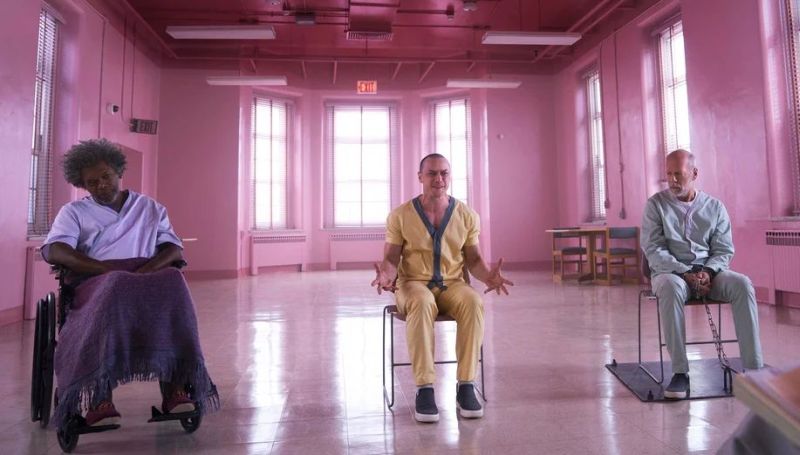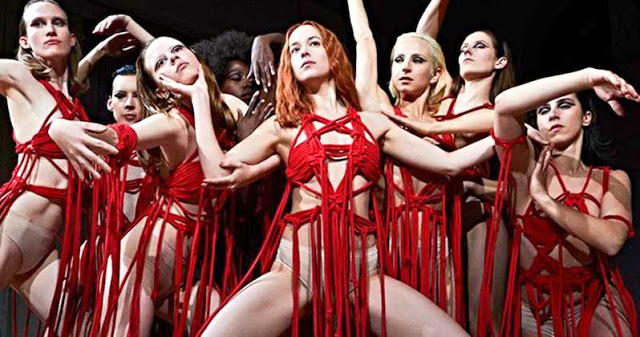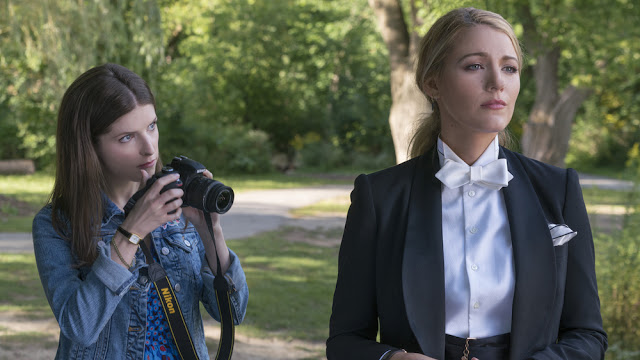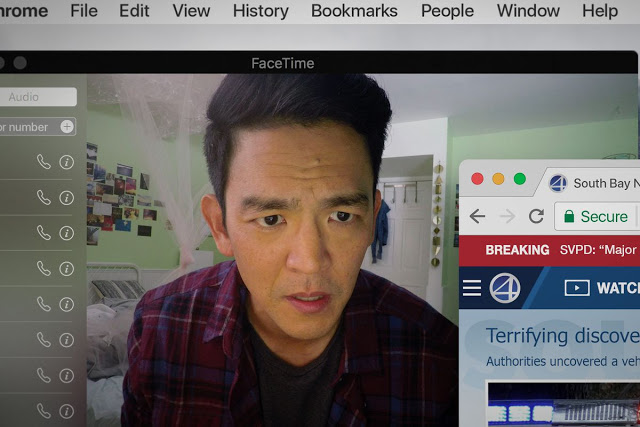Greta: Come for Dinner, Stay Forever
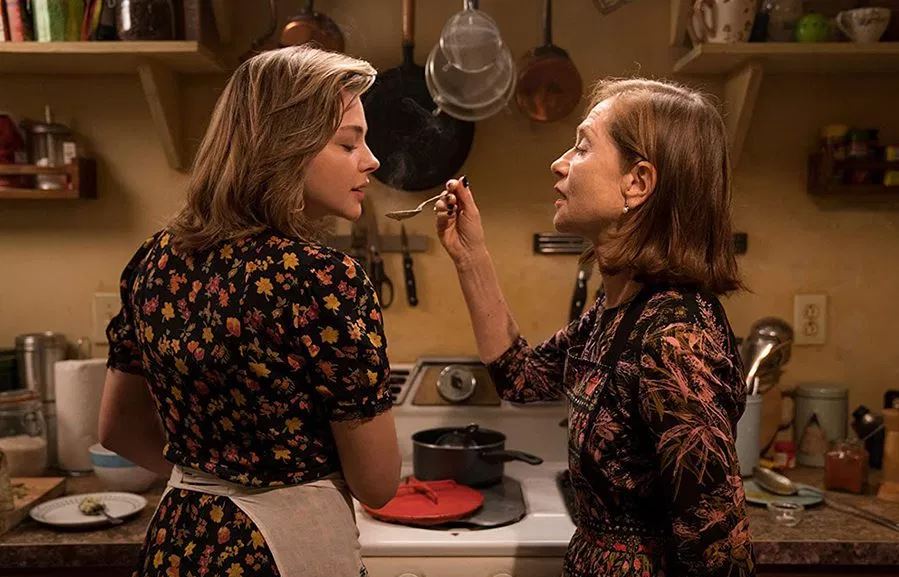
It would be unfair to accuse Greta of jumping the rails, because it’s never on the rails in the first place. Deeply silly and persistently entertaining, this campy thriller would be laughable if it were remotely interested in being taken seriously. Thankfully, the director Neil Jordan, working from a script he wrote with Ray Wright, seems to have recognized the material’s inherent kitsch; he abandons logic and nuance in favor of cheesy suspense. He wants to give you goose bumps, not dig under your skin.
It’s a smart decision, if not as smart as casting Isabelle Huppert in the title role. One of the most intuitive actors in the world, Huppert often flashes a steely sternness, a rigidity that she wields to mask her characters’ inner pain and longing. The logline of Greta—elderly immigrant widow befriends bereaved Manhattan twentysomething—feints at a sober exploration of maternal isolation and compassion, and if you enter the film with no knowledge of its premise, you might expect the title character to be another of Huppert’s keenly intelligent, emotionally fraught women. But while she may be quick-witted and determined, Greta is not especially humane. In fact, she isn’t even human, because she’s actually a vampire. Read More

